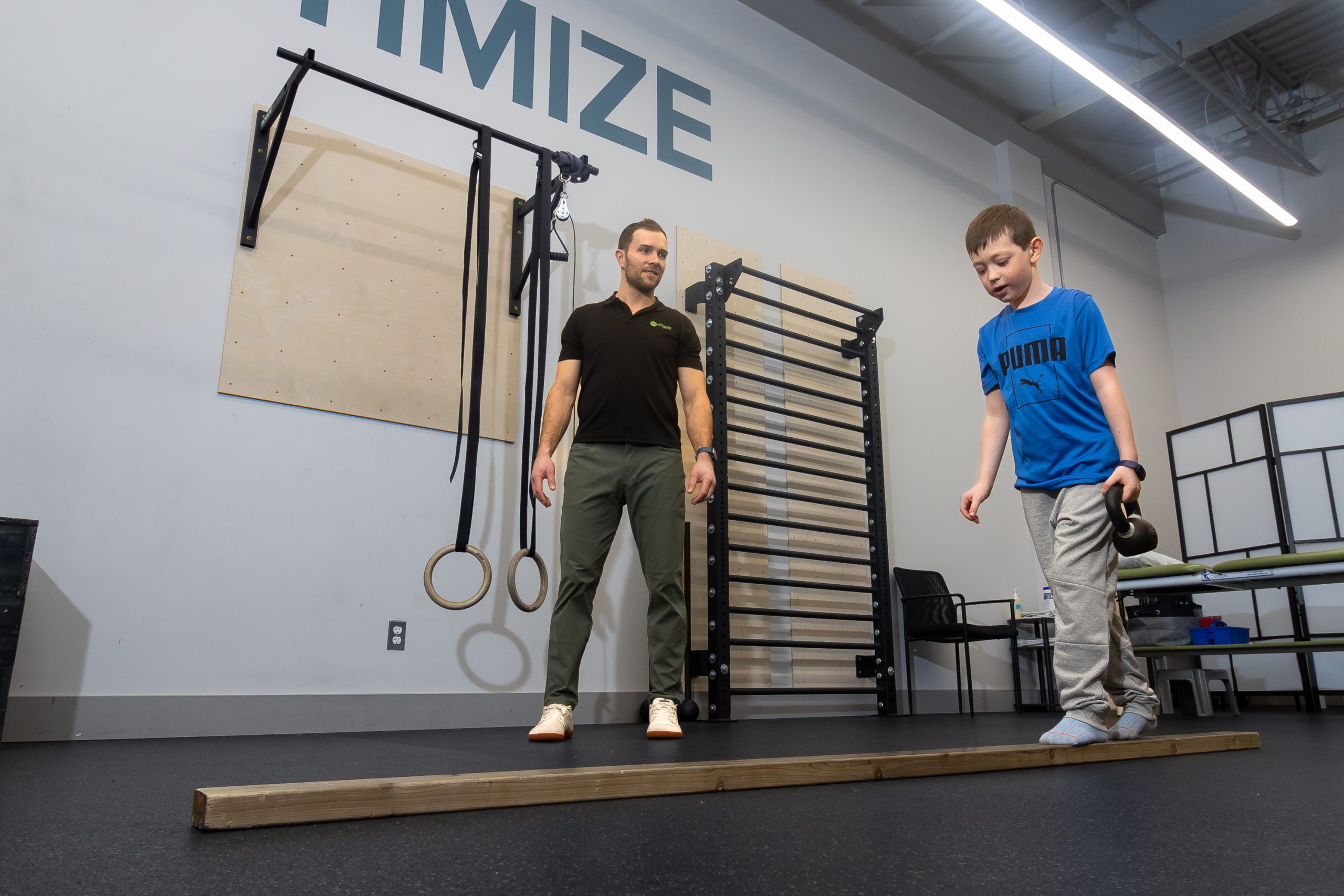

 Headache
Headache  Nausea or Vomiting
Nausea or Vomiting  Dizziness
Dizziness  Fatigue
Fatigue  Sensitivity to Light
Sensitivity to Light  Difficulty Concentrating
Difficulty Concentrating Simple tasks like reading or focusing on conversations may become more challenging.
 Brain Fog
Brain Fog  Visual Problems
Visual Problems Blurred vision, double vision, or difficulty tracking objects can occur after a concussion.
 Balance Issues
Balance Issues  Sleeping More/Less Than Usual
Sleeping More/Less Than Usual  Sensitivity to Noise
Sensitivity to Noise  Trouble Falling Asleep
Trouble Falling Asleep 
Given that no two concussions are the same, concussion care will often involve a variety of treatments. Depending on the results of your initial evaluation and the body systems that may be affected, your concussion treatment may include a combination of the following:
 What is a Concussion?
What is a Concussion?  How Soon After Injury Should Concussion Rehab Begin?
How Soon After Injury Should Concussion Rehab Begin?  What Are Common Concussion Symptoms?
What Are Common Concussion Symptoms? Please note that our email inbox is specifically designated for physiotherapy inquiries only. Emails sent to our doctors will not be replied to, as they are unable to access this inbox.
Please contact the clinic by phone for any appointment changes.
Fax
Tried to Geocode:
Error Type:
Please be sure to follow the tutorial on how to setup the Google APIs required for the Advanced Google Map Widget.
Google Map API Key Tutorial